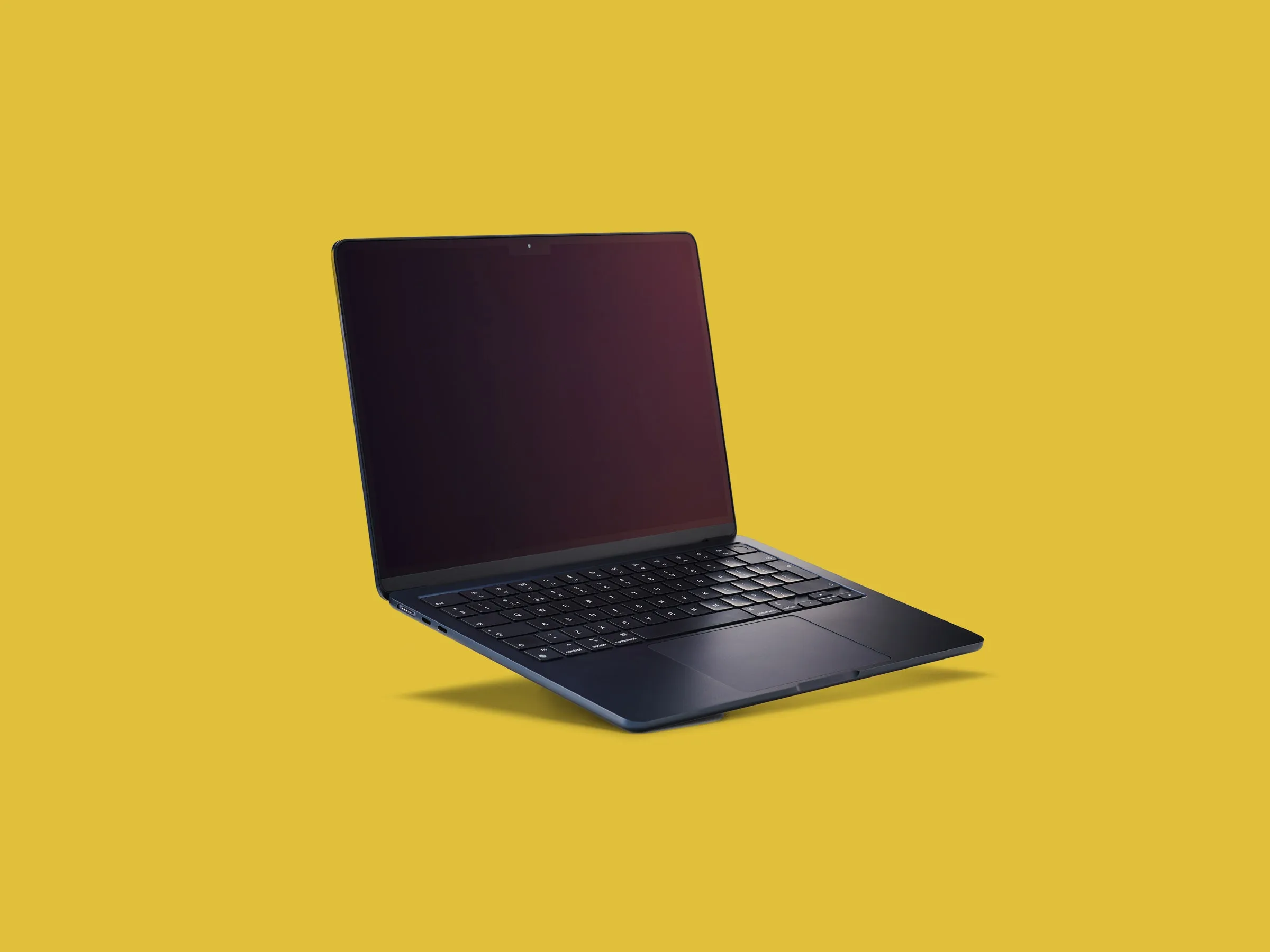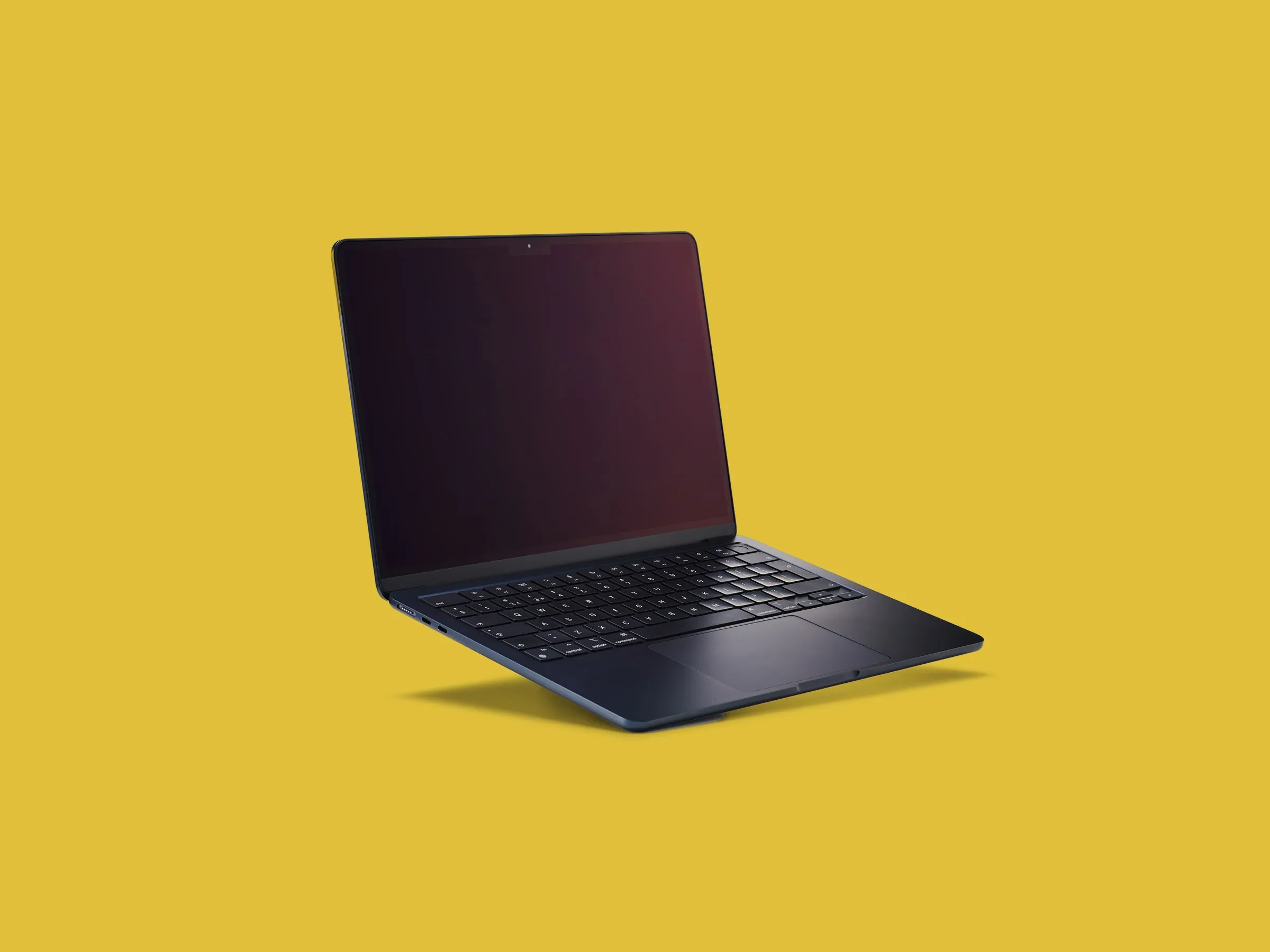How to Choose the Right Laptop: A Comprehensive Guide
In today’s digital age, selecting the perfect laptop can be a daunting task. With a myriad of options available in the market, finding the right balance between performance, features, and budget is essential. Whether you’re a student, a professional, or a casual user, this guide will walk you through the essential factors to consider when choosing your next laptop.

Understanding Your Needs and Budget
Before diving into the sea of laptops, take a moment to assess your requirements and budget. Understanding your needs will help narrow down the options and prevent overspending on features you may not require. Consider the following points:
Recommended: How To Reset A Laptop Password

- Intended Use: Determine whether you need the laptop for basic tasks such as web browsing and word processing, or if you require more power for gaming, graphic design, or video editing.
- Portability: Will you be carrying your laptop frequently? If so, weight and size become crucial factors to consider.
- Budget: Set a realistic budget range based on your requirements. Laptops come in various price ranges, from budget-friendly options to high-end models.
Key Technical Specifications to Consider
1. Processor (CPU)
The processor acts as the brain of your laptop, influencing its overall performance. Consider the following options:
Check Out: How To Reset A Laptop Computer
- Intel Core i3/i5/i7/i9: Offer varying levels of performance suitable for different tasks.
- AMD Ryzen Series: Competes with Intel processors and often provides excellent value for performance.
2. RAM (Random Access Memory)
RAM determines the multitasking capabilities of your laptop. Opt for a sufficient amount based on your usage:
- 4GB: Basic tasks and light usage.
- 8GB: Ideal for most users and multitasking.
- 16GB or more: Recommended for power users, gamers, and professionals.
3. Storage (HDD vs. SSD)
Choose between traditional Hard Disk Drives (HDD) and Solid State Drives (SSD):
Recommended: How To Reset A Inspiron Dell Laptop
- HDD: Offers more storage at a lower cost but slower performance.
- SSD: Faster boot times, application loading, and data transfer speeds, albeit at a higher price per gigabyte.
4. Display
The display plays a crucial role in your overall user experience:
- Resolution: Higher resolutions offer sharper images and better visual quality.
- Size: Consider your preference for screen real estate. Common sizes range from 13 to 17 inches.
5. Graphics Card (GPU)
If you plan to use your laptop for gaming or graphic-intensive tasks, consider a dedicated GPU for better performance.
Additional Features and Considerations
- Battery Life: Look for laptops with long battery life, especially if you’ll be using it on the go.
- Connectivity: Check for sufficient ports such as USB, HDMI, and Thunderbolt for your peripherals.
- Keyboard and Touchpad: Ensure comfortable typing and precise navigation.
- Build Quality: Consider durability and build materials for long-term use.
FAQ Section
Q1: How do I determine the right laptop size for my needs?
A: Consider factors such as portability and screen real estate. Smaller laptops are more portable but may sacrifice screen size, while larger laptops offer more screen space but can be less convenient to carry.
Q2: What is the difference between integrated and dedicated graphics?
A: Integrated graphics share system memory and are suitable for basic tasks. Dedicated graphics have their own memory and offer better performance for gaming and graphic-intensive applications.
Q3: Should I prioritize CPU or GPU for gaming?
A: Both are important, but if gaming is your primary concern, prioritize a dedicated GPU for smoother gameplay and better graphics rendering.
Q4: How much storage do I need?
A: It depends on your usage. For basic tasks, 256GB SSD should suffice. For gaming and multimedia, consider 512GB or higher.
Q5: Are there any recommended brands for reliability?
A: Brands like Apple, Dell, HP, Lenovo, and ASUS are known for their reliable laptops, but always research specific models for user reviews and reliability ratings.
Choosing the right laptop involves a balance between performance, features, and budget. By understanding your needs and considering key technical specifications, you can find a laptop that meets your requirements and enhances your productivity and enjoyment. Keep these factors in mind as you explore the diverse options available in the market, and don’t hesitate to reach out to experts or seek additional guidance if needed. Happy laptop hunting!
Related Post: How To Replace Ram On Laptop
Also Read: How To Replace Laptop Hard Drive

